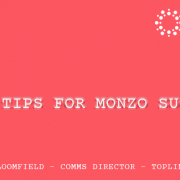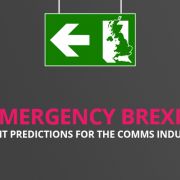For this year’s International Women’s Day, our female colleagues completed an anonymous survey about IWD and working as a woman in the industry. The first post is here. In this post, we look at what it’s like be a woman in the industry – covering the PR, public affairs and the tech sectors, just as Vuelio does.
We’ve also been overwhelmed with positive comments for our CEO, Joanna Arnold, because as a tech SaaS company it’s highly unusual that we have a female leader – and we’re proud to be different.
What makes Vuelio different
‘Vuelio works outside the industry norm as we have Joanna as our inspiring female CEO and a number of women in senior management positions across the business. I’m proud to be part of a progressive company that values women and men equally.’
‘I particularly like that I have a female CEO in the software industry as it isn’t what people would expect!’
‘Women are capable of doing anything and everything. Our CEO is an example that women can fit in to IT industry and can drive the whole company.’
‘I very much hope that the women I work with feel that it is great to be a woman in this industry and in this company. We are led by a female CEO; the gender split for our senior leadership team mirrors our overall gender split, and in those departments where there is a gender imbalance such as Development and Sales our managers are fully aware of this and actively looking for female candidates.’
‘Being a woman in Vuelio is fantastic as there are many women within the leadership team to inspire and learn from. Being a woman in the sales industry in general can be challenging. I have been patronised and underestimated many times in the past but again, Vuelio is different to the rest of the industry.’
‘After working for men for most of my career it is genuinely refreshing and inspiring to be working in a company with a woman as CEO and other smart women in the senior team too. As a woman, you look at them and realise that if you work hard maybe someday you can be them too.’
‘I am very proud to be employed at a female-lead company. It is incredibly motivating to know that my leader understands my perspective and provides me with opportunities to drive my career forward.’
‘I think people associate a SAAS company to be run by men, and so it means a lot to me that the CEO of this company is a woman. Having a woman CEO is inspiring, and very important to me, and is one of the main reasons I work at Vuelio.’
The industry is positive and supportive
‘Being a female in the industry means acknowledging the hard working and successful women that do an amazing job. It’s a powerful time to be a woman and inspiring to be surrounded by supportive, strong women!’
‘Being a woman in this industry has overall been a very positive experience and I feel I’m held at equal balance to my male colleagues. I feel respected and am glad to be in this industry.’
‘I think it’s important that we celebrate success from both men and women in the industry, there’s some really inspiring people that have worked very hard to get where they are regardless of their sex! We are lucky to have an inspiring CEO who is a constant reminder that being a woman should not get in the way of being successful!’
The differences in PR and Public Affairs
‘Public affairs seems quite pale, male and stale. That’s not the case here – this is a very supportive environment and being a woman doesn’t feel like a hindrance at all.’
‘In my opinion, it’s pretty saturated by women – however sometimes at the top it can feel a bit like an old boys’ club. It’s inspiring to see women reaching new heights, taking positions in C-Suite and board level positions. I think it’s important for women to empower each other, but actually to inspire both men and women if we want true equality.’
‘PR and Public affairs are quire difference in their gender balance, Public Affairs is still male dominated, particularly in leadership roles. There is still a long way to go, however organisations like Women In Public Affairs are breaking down barriers and connecting successful female leaders with those seeking mentorship and insight. This is exactly the kind of programmes that the industry needs!’
‘It still depends on what room you end up in on any given day – in some, people with deeper voices are automatically given more credence and respect, or you’re expected to clean up after people, or be okay with being spoken over in meetings. There are still portions of the industry that haven’t moved on from the sexist 90s PR/media culture. But we’re doing GREAT compared to lots of other industries, and I’m grateful for that.’
‘Being a woman in media is not as bad as it is in other industries, because there are lots of women in PR. There’s a solidarity there, and I feel pride and hope seeing more women in senior positions than in industries like finance, for example. However, as a woman of colour in the industry, you can still feel as if you are at the bottom of the barrel. I am a freelance journalist too, and find I have struggled to have my voice heard more than others. As a woman of colour in the industry, you have to fight twice as hard to be heard. We need solidarity and understanding of this fact from other women.’
‘We have some really influential women in this industry and I think compared to others, it’s easier to be successful in the media/PR space. I think it’s harder to be taken seriously as a woman in Public Affairs, and this is still hugely male dominated.’
‘I’ve found it to be positive and sit within an evenly split team of both men and women. Attending industry events does show that the more junior roles are often women with men taking the top spots, hopefully this will change thanks to organisations like Women in PR and Women in Public Affairs. Plus, I’ve been lucky enough in my career to work with a female PR powerhouse: Mary Whenman!’
‘The PR industry is dominated by women whereas in the tech industry, only 30% of workers are female. I think it’s important for young girls to have role models working in industries that aren’t traditionally female, breaking traditional barriers and showing that there are no gender specific jobs. Most importantly, it’s about being who YOU want to be. Within our industry, there are a lot of inspirational women who are trying to drive change, so it’s time we try to tackle issues such as the gender pay gap!’
The challenges of being a woman in the industry
‘I have at times in the past had to work a lot harder to prove myself and get my points across than perhaps some of my male counterparts did simply because they were louder or more confident – although I don’t think that was ever a conscious bias my employers had; for the most part I don’t think they realised they were doing it.’
‘Laddy banter can often dominate conversations where women are in the minority, and it’s difficult to know how best to position yourself to fit in. I’ve generally had the best experience when teams are made up of a diverse range of people.’
‘Like in any industry, juggling motherhood with your career can be challenging even if your employer is willing to offer flexible working hours. It’s still relatively uncommon for parents to share parental leave in the UK and, with high childcare costs, many women find themselves taking a break from their career or cutting work hours until their children reach school age. I have been lucky to continue working since having my child but unfortunately not everyone has this option. Taking a few years off can seriously affect your chances of finding a new job and your future pension pot will also stay frozen until you are able to start contributing again. The same goes for women applying for jobs around their childbearing age – gender bias, conscious and unconscious does exist in the workplace, which puts a lot of pressure on women wanting to reach their career goals while planning to start a family.’
‘I think sales is a tough role for everyone, female and male. I do think that some preconceptions still exist around ‘salesmen’ being the ideal in this industry. However, I think clients are looking for a credible and friendly advisor, regardless of gender or any other demographic for that matter. It’s also super inspiring to have such an accomplished, driven and overall FUN female CEO!’
‘Last year, my former employer held an event for International Women’s Day. Women who had been successful in their careers spoke to an audience mainly made up of other women. It’s all very well talking about success; however, I think it’s important to recognise that, often, women have a great deal more to think about than their male peers on a day to day basis. Whether that’s the pressure of looking a certain way (i.e. the time and money it takes to look merely ‘acceptable’ to a corporate crowd), to the potential discomfort of walking home from work alone in the dark, to carefully positioning how you come across so you appear to be ‘strong’, but not a ‘bossy bitch’, etc. These are the things that I’m REALLY interested in hearing about – I feel it’s important that these annoyances are shared so women don’t feel isolated in the work place. The fragility of a few men’s egos have caused me considerable stress over the years – in and out of work. It’s an exhausting task to balance everything. A truly open dialogue about gender is vital in order to facilitate EVERYONE in feeling empowered enough to be their true selves, and not be inhibited by their gender, whether they be male or female.’









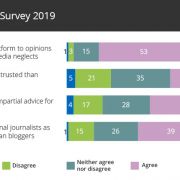


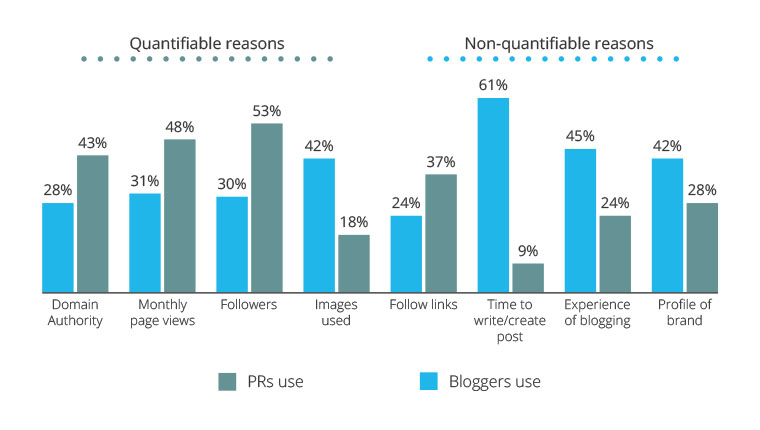
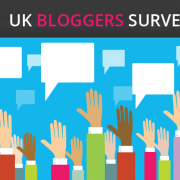



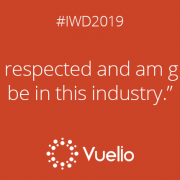

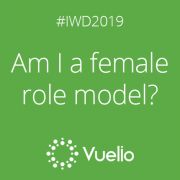
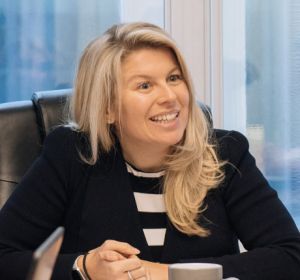 But it’s patently clear that there’s still some way to go. We know,
But it’s patently clear that there’s still some way to go. We know, 
